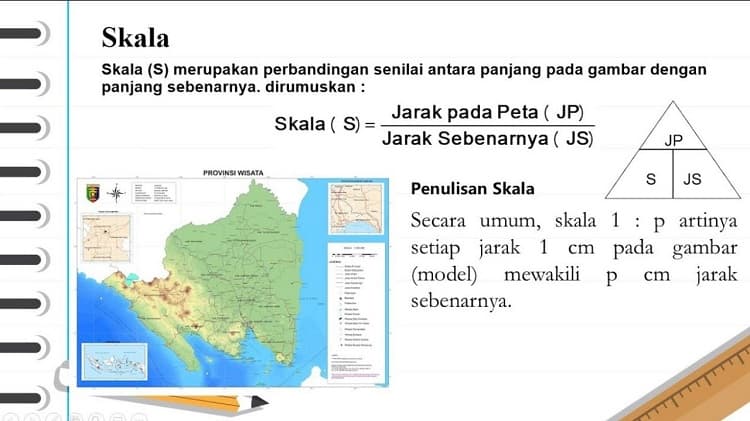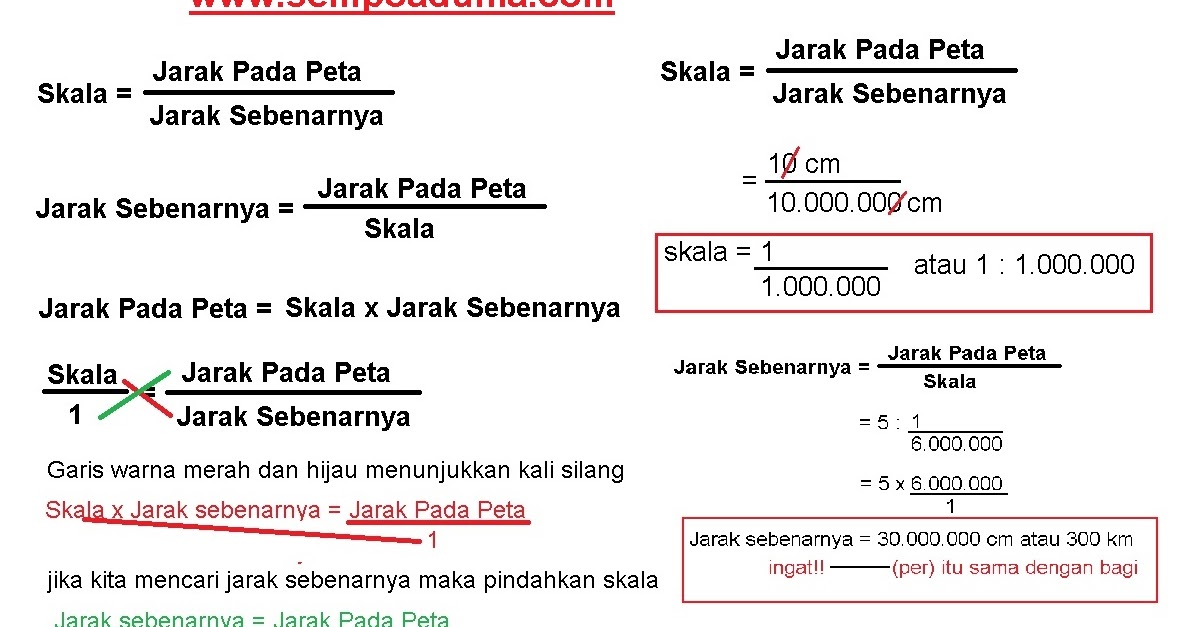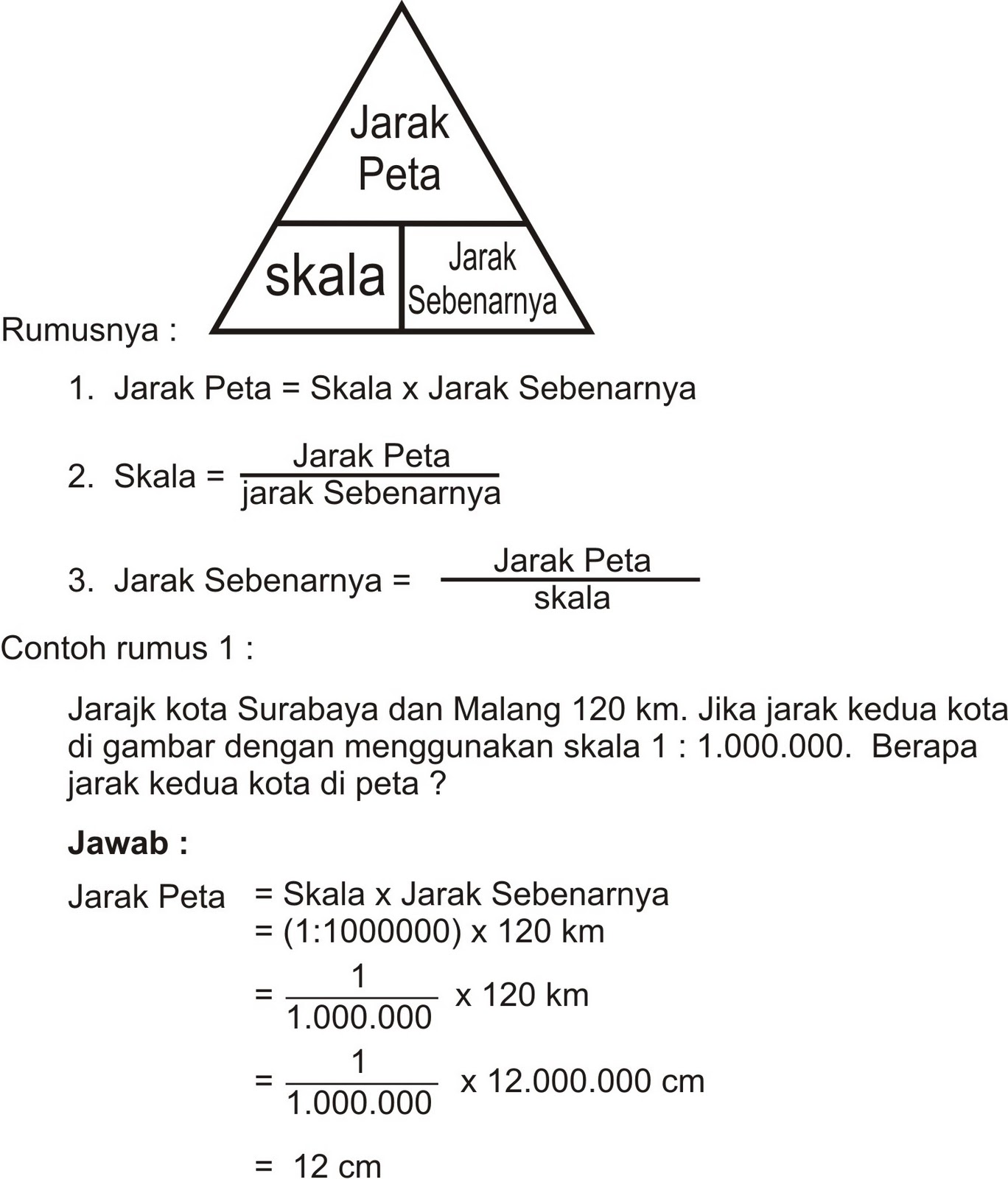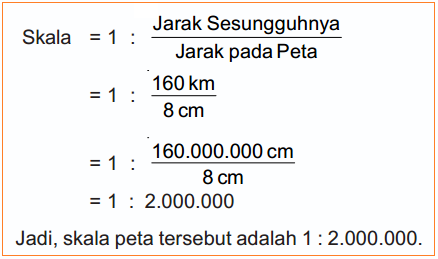Unfolding the World: Understanding Map Scales
Imagine holding a miniature representation of the world in your hands, its intricate details hinting at vast landscapes and sprawling cities. This is the power of maps, these meticulously crafted tools that have guided explorers, shaped civilizations, and continue to fuel our curiosity about the world around us. But a map is more than just a pretty picture – it's a carefully calculated representation of reality, and at its heart lies a crucial element: scale. Understanding map scale is akin to unlocking a secret code, allowing us to decipher the language of maps and translate their miniaturized world into the tangible distances we experience.
The concept of scale on a map might seem deceptively simple at first glance, yet it underpins our entire ability to use maps effectively. Whether we're planning a road trip, studying geographical features, or simply trying to get a sense of the world's layout, knowing how to determine and interpret map scale is essential. It bridges the gap between the miniature and the massive, allowing us to relate the distances depicted on a map to the actual distances on the ground.
Maps have been our companions for millennia, their evolution intertwined with our own journeys of exploration and understanding. From ancient clay tablets etched with rudimentary maps to the sophisticated satellite imagery we have today, the quest to represent our world has been a constant throughout human history. As maps became more sophisticated, so too did the need for accurate and standardized scales. Early cartographers grappled with the challenges of representing vast distances on limited surfaces, experimenting with different methods of depicting scale.
Over time, various methods of representing scale emerged, each with its own advantages and limitations. Today, the most common methods include verbal scales, which express the relationship between map distance and ground distance using words (e.g., "1 inch equals 10 miles"), and representative fractions, which use a ratio to depict the same relationship (e.g., 1:100,000). Understanding these different methods is crucial for anyone who wants to confidently navigate the world of maps.
The importance of understanding map scale goes far beyond simply being able to calculate distances. It's about grasping the relationship between the representation and the reality it depicts. A large-scale map, for instance, might show a city in great detail, allowing us to navigate its streets and landmarks, while a small-scale map might depict an entire continent, offering a broader perspective on geographical features and relationships. By recognizing the scale of a map, we can determine its appropriate use and interpret the information it presents accurately.
Advantages and Disadvantages of Different Map Scale Representations
While all map scales serve the same fundamental purpose, different representations have their own strengths and weaknesses. Understanding these can help you choose the most effective representation for your needs:
| Scale Type | Advantages | Disadvantages |
|---|---|---|
| Verbal Scale (e.g., 1 inch = 10 miles) | Easy to understand, especially for casual map users. No need for complex calculations. | Less precise than other methods, especially for measuring irregular distances. Can be language-dependent. |
| Representative Fraction (e.g., 1:100,000) | Highly accurate and universally understood regardless of measurement units. Allows for precise calculations. | Can be less intuitive for those unfamiliar with ratios. May require additional calculations to convert to familiar units. |
Learning to navigate the intricacies of map scales is a journey into the very essence of cartography. It's about appreciating the ingenuity that goes into representing our vast and complex world on a manageable scale, and it's about empowering ourselves with the tools to understand and explore the world around us with greater clarity and confidence. So, the next time you unfold a map, take a moment to appreciate the power of scale and the window it opens to understanding the world we inhabit.

cara mencari skala pada peta | Kennecott Land

cara mencari skala pada peta | Kennecott Land

cara mencari skala pada peta | Kennecott Land

cara mencari skala pada peta | Kennecott Land

cara mencari skala pada peta | Kennecott Land

cara mencari skala pada peta | Kennecott Land

cara mencari skala pada peta | Kennecott Land

cara mencari skala pada peta | Kennecott Land

cara mencari skala pada peta | Kennecott Land

cara mencari skala pada peta | Kennecott Land

cara mencari skala pada peta | Kennecott Land

cara mencari skala pada peta | Kennecott Land

cara mencari skala pada peta | Kennecott Land

cara mencari skala pada peta | Kennecott Land

cara mencari skala pada peta | Kennecott Land